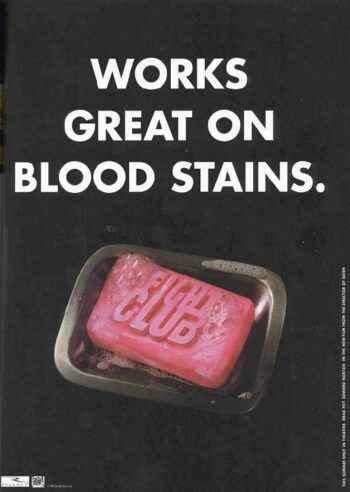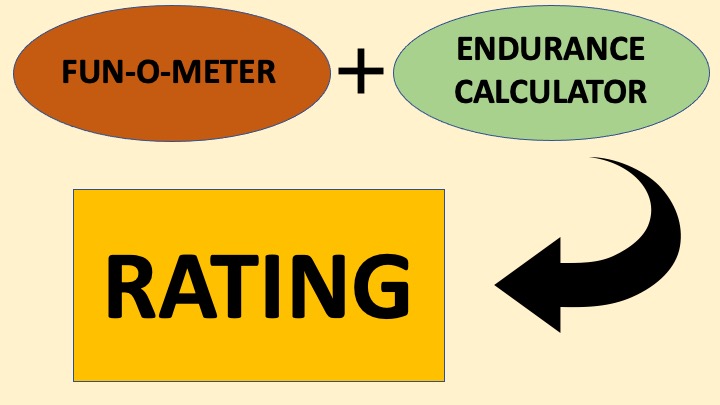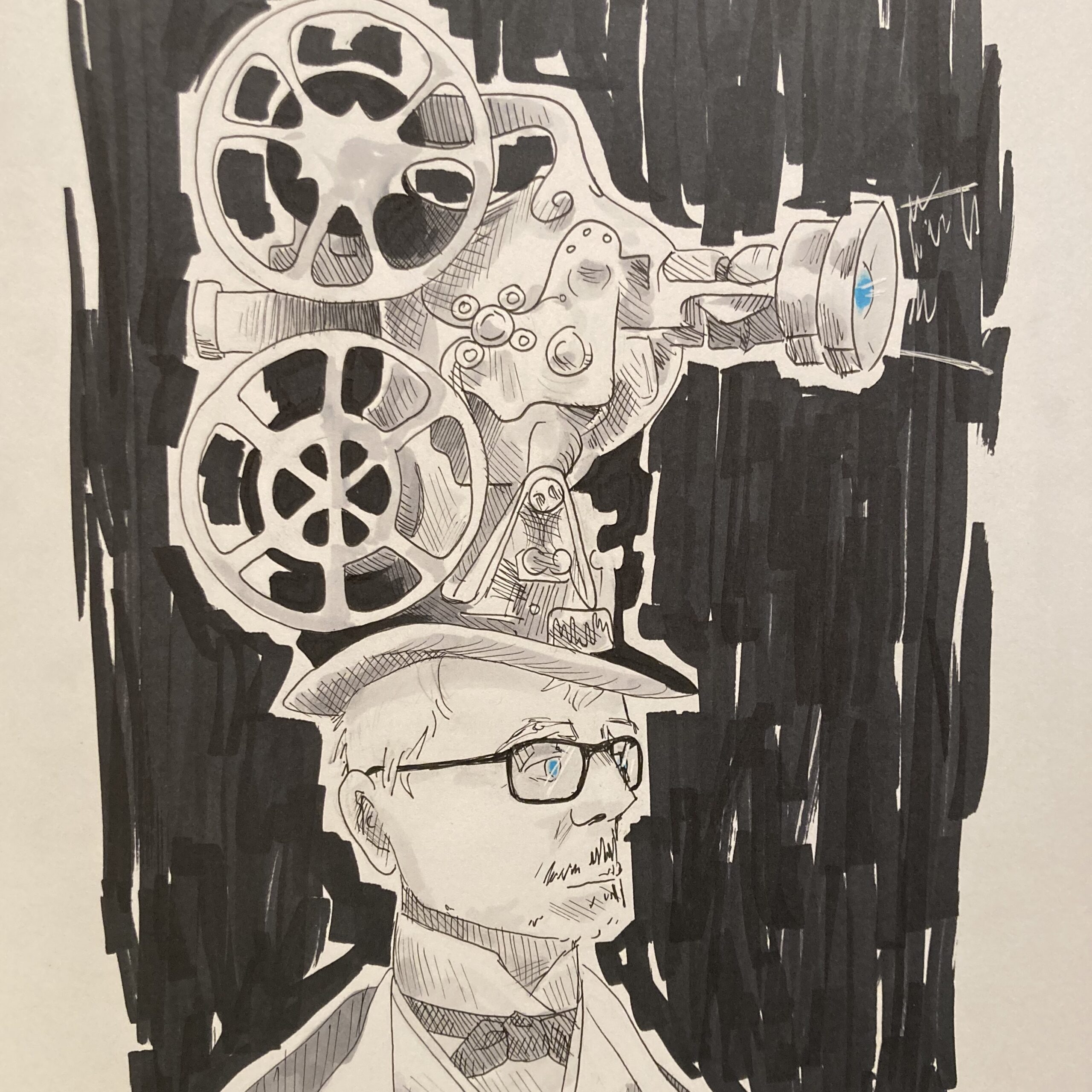“You’re not your job. You’re not how much money you have in the bank. You’re not the car you drive. You’re not the contents of your wallet.”

Ever since Chuck Palahniuk managed to publish his debut novel Fight Club in 1996, his idea of male vulnerability displaced onto fantasies of homosocial bonding and violence have increasingly seeped into mainstream experience. This isn’t to say that homosocial bonding and violence haven’t always been a mainstay of popular culture; football has a long tradition of boy-world camaraderie and competition. But it is possible to acknowledge the accelerating number of stories about wounded male identity since 1996, and definitely since Y2K, particularly in light of the decoupling of Whiteness from the pinnacle of socio-cultural power over the last 50 years.
That first Palahniuk novel, which is a pointedly funny and vicious ride through an anti-capitalist screed-turned-manifesto-as-dystopian celebration, is everywhere present in today’s world of toxic masculinity. For every professional athlete-turned-batterer to every politician-turned-apologist for malevolent conspiracy, Palahniuk fully anticipated the present generation’s phallic woe. In so doing, his bottom line appears to be the twinning of a false narrative about American success with the inadequacy of paternal role models, especially dads.

Enter Tyler Durden.
Brad Pitt plays Durden in David Fincher’s Fight Club (1999) with the single goal of gratifying the id. Pitt’s Durden is flashily stylish, handsome, charismatic, and, most importantly, disconnected from social norms. He steals and cheats, mangles and lies, and he does so to satisfy his wants, damn the consequences.

Once Durden attaches himself to the Narrator (Edward Norton), a corporate drone who lives an unfulfilled life as an insurance adjuster, the story develops into a truly conventional oddity of the modern multiplex: the male love story, never once consummated, naturally, but constantly punctuated with extraordinary violence.
You see, Fight Club is about Durden’s effort to unleash the Narrator’s inner appetites, whether sexual, material, or cultural. The pair establish the Fight Club to let men fight “safely,” and the idea catches on as groups of men fight in a ritual of bonding and pain that eventually develops an army of scarily capable men ready to attack consumer America through acts of terrorism on banks and credit ratings companies.

There is also a key complication in the form of Marla (Helena Bonham Carter), an unstable hanger-on who unifies the splintered aspects of the Narrator/Durden diad, and thereby represents the movie’s only possible conventional outcome in the restorative heterosexual couple. Her role isn’t critical to the story, although it is sadly humorous to see how she’s used by both the Narrator and Durden as the means for performing the erotic function within the confines of boy-meets-girl-meets-boy and fights him.
What we’re really waiting for in the movie, through its many scenes of topless men beating on each other and through its increasingly complex breakdown of the Narrator’s sanity, is for Durden and the Narrator to make love, not with Marla or with anyone else. Perhaps that’s why the most lasting images of the movie favor the bald satisfaction of watching the fellas hurt each other in MMA-like bouts of aggression. They can’t express intimacy in any other way, so joining Fight Club gives them the option to touch one another, to feel connection, and thereby know love.
–September 30, 2018




